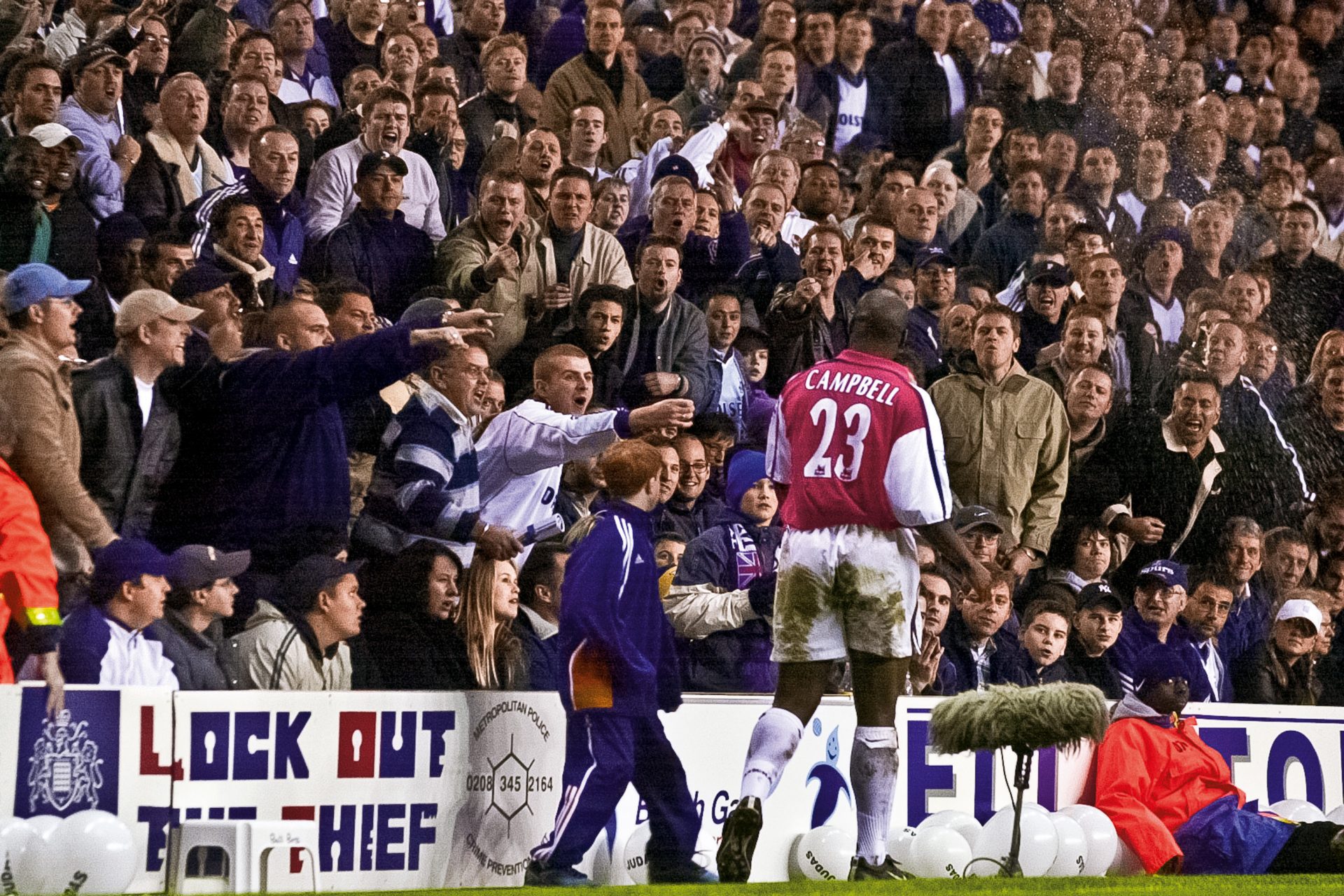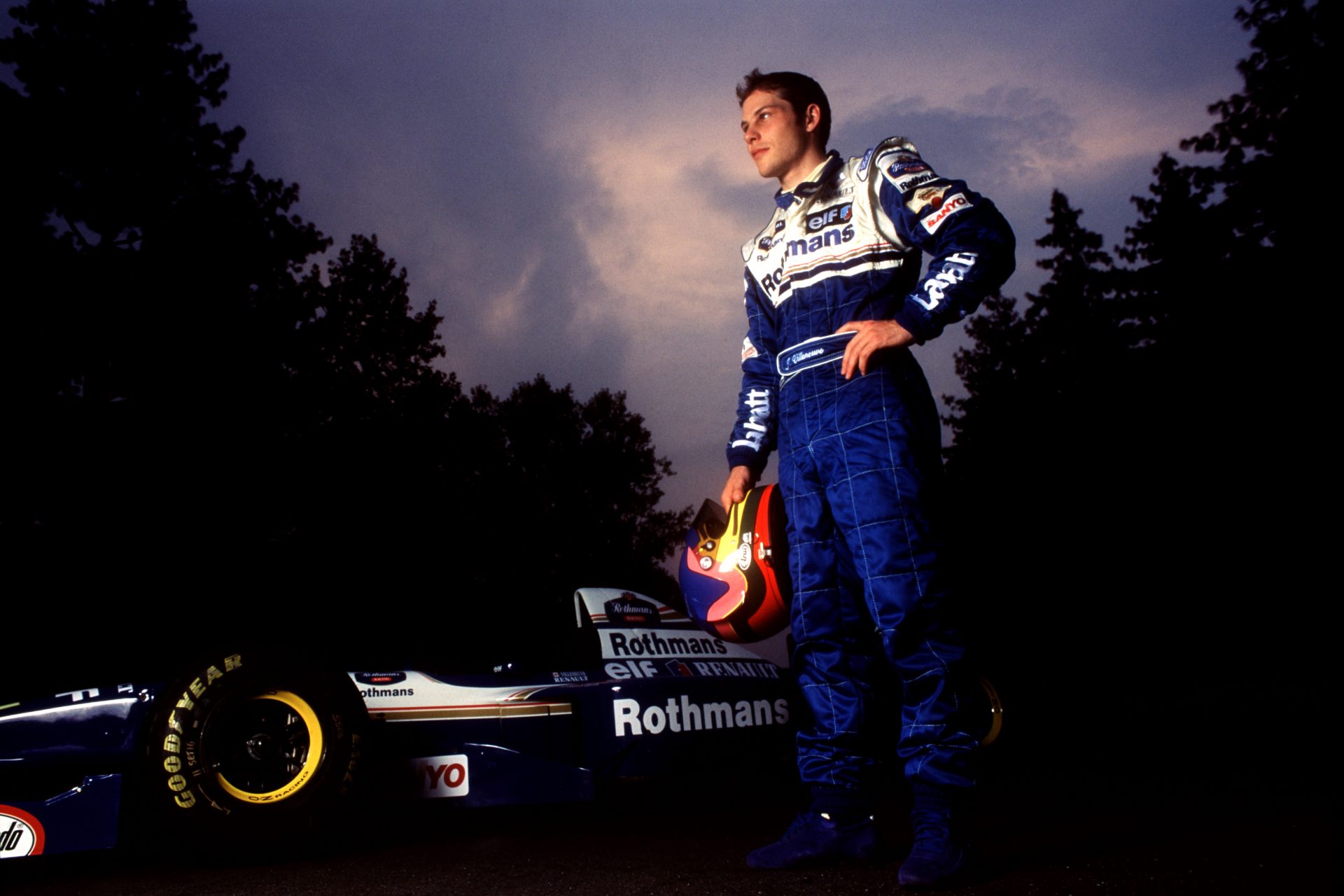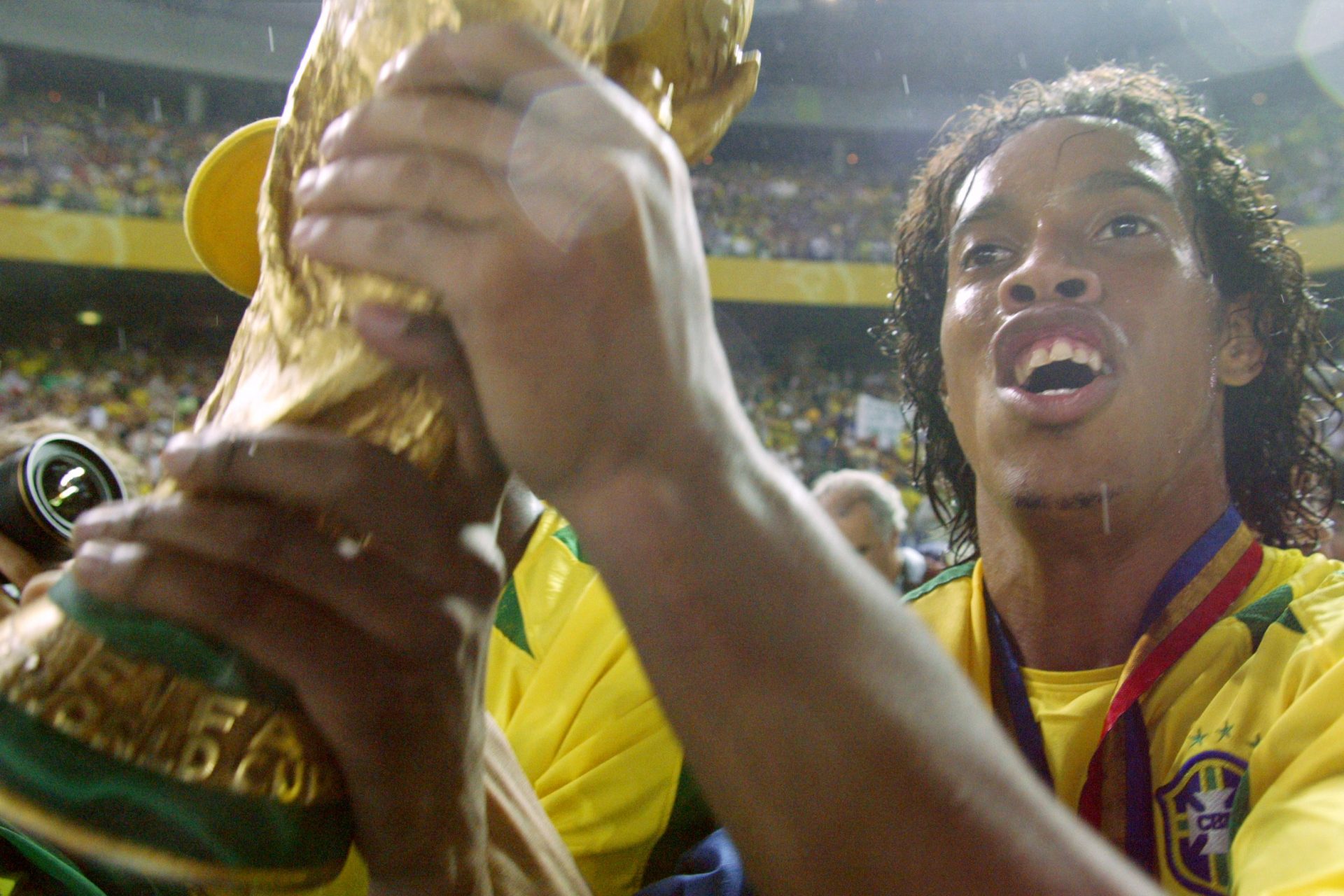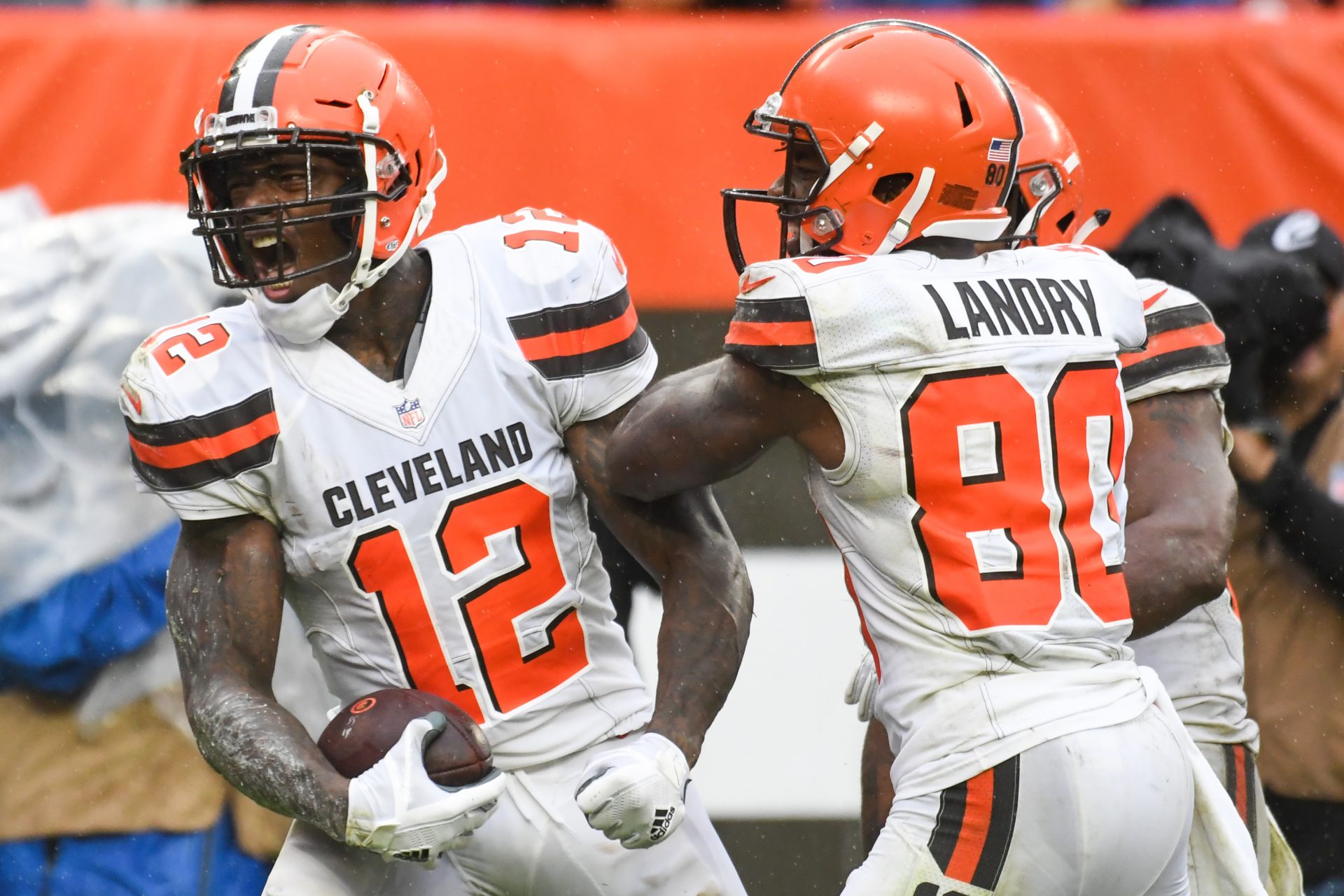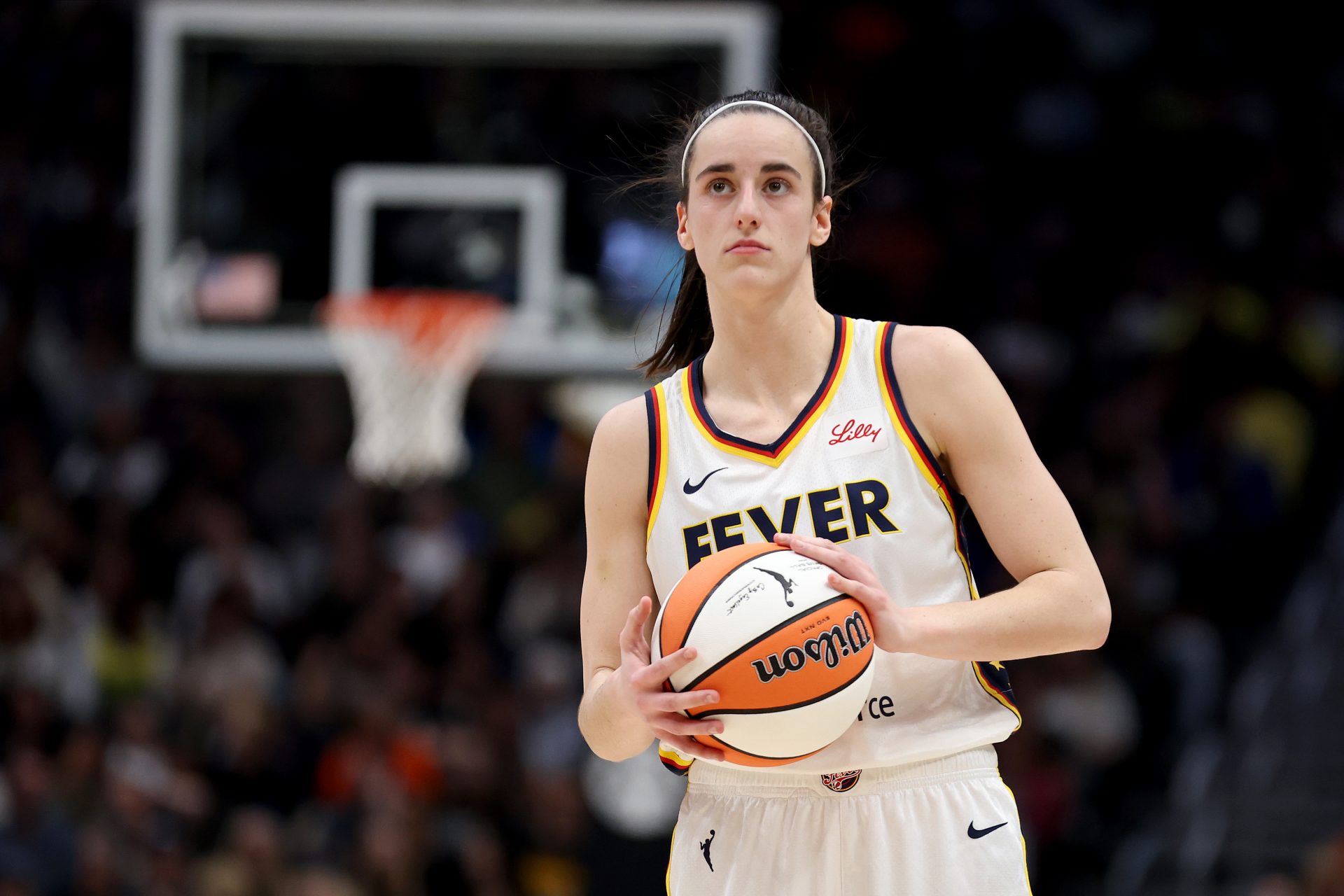Mark Eichhorn: The slowest pitcher no one could hit
One of baseball's best pitchers was not only one of its slowest but also one of its most unhittable. This is the story of how Mark Eichhorn became an MLB legend.
Eichhorn was picked up by the Toronto Blue Jays in the 1979 amateur draft as their second-round pick and the thirtieth-overall draftee of that year according to Bluebird Banter.
Coming out of Cabrillo College, where Eichhorn pitched and played shortstop, the 19-year-old amateur quickly rose through the ranks of Toronto’s farm system wrote Tom Dakers, and was called up to play for the Jays seven times in 1982.
Those first games “didn’t go well” according to Dankers, Eichhorn “went 0-3 with a 5.45 ERA and to make matters worse he suffered a shoulder injury.”
“The injury cost him the speed off his fastball,” Dankers wrote. But it would be that shoulder injury that would turn Eichhorn into one of baseball's best pitchers.
Eichhorn returned to the minor leagues following his injury and worked with his coaches on learning an unorthodox style of throw, called the submarine.
“Submarine pitchers lean their whole upper body down towards the ground but keep their hand typically on top of the ball,” wrote Mental Floss’ Hannah Keyser.
Photo by Keith Allison, own work, https://en.wikipedia.org/wiki/Submarine_%28baseball%29#/media/File:Bradford_delivery.jpg
You won’t often see a submarine pitcher in today’s league even though they’re one of the toughest pitches for same-side batters to hit according to Wikipedia.
“Sidearm and submarine pitchers tend to be specialists, typically entering a game to face only one or two batters, and almost always to focus on batters with a dominant side that matches their own,” wrote New York Times sports journalist Danielle Allentuck.
“They seldom overpower an opponent, relying more on how much they can make the ball sink,” Alelntuck added, but Mark Eichhorn wasn’t like most submarine pitchers.
Eichhorn was likely throwing the slowest pitches in the league at the time according to Tom Dankers, but he would emerge as a nearly unhittable pitcher.
In 1986, Eichhorn returned to the majors and played what would become his best professional season as Toronto’s relief pitcher with an earned run average (ERA) of 1.72.
Dankers noted that right batters only hit .135/.186/.165 against him while left-handed batters went .259/.345/.434, which was more than enough for The Sporting News to select Eichhorn as their Rookie Pitcher of the Year.
Eichhorn wasn’t as good the following year with an ERA of 3.17 in 89 games, and in the following season, he was injured again.
The Blue Jays sold Eichhorn to the Atlanta and he played with the Braves for one season before he was picked up by the Los Angeles Angels as a free agent and traded back to the Blue Jays, just in time to help them win back-to-back World Series Championships Dankers noted.
“He pitched 4.1 shutout innings, over 4 games, in the two postseasons,” Dankers wrote, adding that Eichhorn would go on to bounce around from club to club before ending “his career with a 3.00 ERA in 885.2 innings over 563 games.”
More for you
Top Stories





















